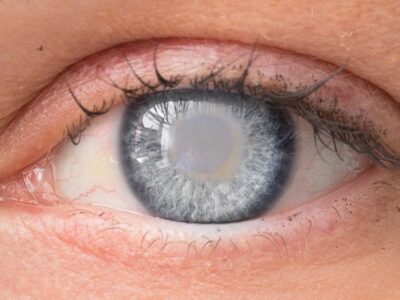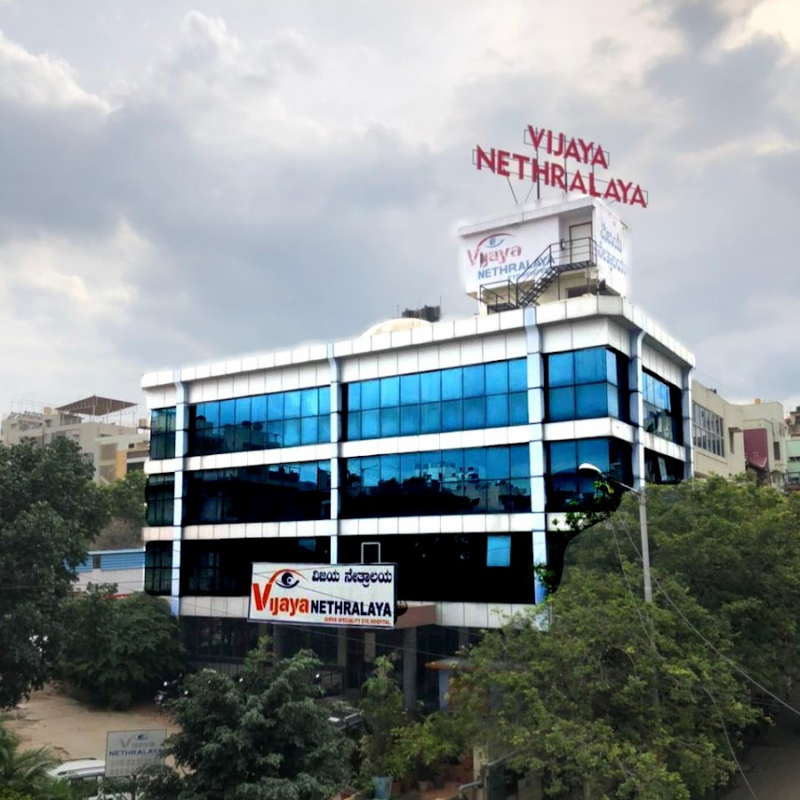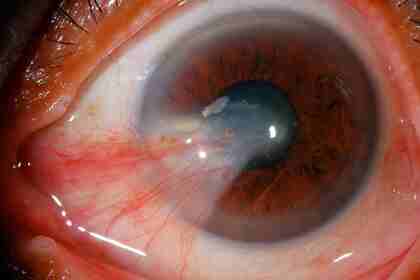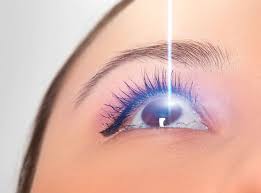Introduction:
Cataracts are a common age-related eye condition that can blur your vision and make daily tasks difficult. But when is the right time to get cataract surgery? Knowing the signs and understanding your options can help you make an informed decision. In this article, we’ll guide you through the key symptoms, timing, and benefits and when to get cataract surgery.

What Is a Cataract?
A cataract is the clouding of the natural lens in your eye, often caused by aging. It typically develops slowly and can affect one or both eyes. Cataracts can lead to blurred vision, glare sensitivity, and difficulty seeing at night.
Common Symptoms of Cataracts
If you’re experiencing any of the following symptoms, it might be time to talk to your eye doctor:
- Cloudy or blurry vision
- Faded colors or yellowing of vision
- Difficulty seeing at night or in low light
- Glare or halos around lights
- Frequent changes in eyeglass or contact lens prescriptions
- Double vision in one eye
These symptoms tend to worsen over time and can interfere with your ability to read, drive, or recognize faces.
When Is the Right Time for Cataract Surgery?
There’s no one-size-fits-all answer. However, cataract surgery is usually recommended when:
- Vision loss affects your daily life: If you’re struggling with tasks like reading, driving, or cooking, surgery may be necessary.
- Glasses no longer help: When updated prescriptions no longer improve your vision, cataract removal may be the best option.
- You have other eye conditions: Sometimes cataracts need to be removed to manage conditions like glaucoma or diabetic retinopathy.
- Your doctor recommends it: Eye specialists may advise early surgery if the cataract is dense or interfering with eye exams.
Early vs. Late Surgery
Early surgery often leads to better visual outcomes and fewer complications. Waiting too long can make the cataract harder to remove and increase surgical risks.
Benefits of Cataract Surgery
Cataract surgery is one of the safest and most effective procedures in modern medicine. It offers several benefits, including:
- Sharper, clearer vision
- Better color perception
- Improved night vision
- Reduced dependence on glasses (especially with premium lenses)
How Cataract Surgery Works
The cloudy lens is removed and replaced with an artificial intraocular lens (IOL). The procedure usually takes less than 30 minutes and is done under local anesthesia. Most people resume normal activities within a few days.
Final Thoughts
If you suspect you have cataracts or notice your vision is getting worse, don’t wait. Early diagnosis and timely surgery can restore your sight and quality of life. Schedule an eye exam with a trusted ophthalmologist to discuss your options.
Author Details:
Dr. Sushruth Appajigowda holds a prominent position as a cornea, cataract, glaucoma, and LASIK surgeon in Bangalore. He serves as the chief cataract and refractive surgeon at Vijaya Nethralaya Eye Hospital, Nagarbhavi, Bangalore. Renowned as one of the finest LASIK surgeons nationwide, he brings with him over 12 years of experience across multiple LASIK platforms, including ZEISS, ALCON, SCHWIND, AMO, and Bausch and Lomb. Having successfully conducted over 5000 LASIK procedures, Dr. Sushruth holds the title of a Certified Refractive Surgeon and a Fellow of the All India Collegium of Ophthalmology. Furthermore, he stands as a distinguished speaker at various national and international forums, using his expertise to guide you in selecting the most suitable procedure based on your health requirements.

http://vijayanethralaya.com/link-in-bio/
Frequently Asked Questions
Is cataract surgery painful?
No, it’s typically painless. Local anesthesia ensures you’re comfortable throughout the procedure.
What is the recovery time after cataract surgery?
Most patients recover within 1–2 weeks, although full healing may take a month.
Can cataracts come back after surgery?
Cataracts cannot come back once the lens is replaced. However, a condition called posterior capsule opacification (PCO) may occur, which can be treated easily with a laser.













